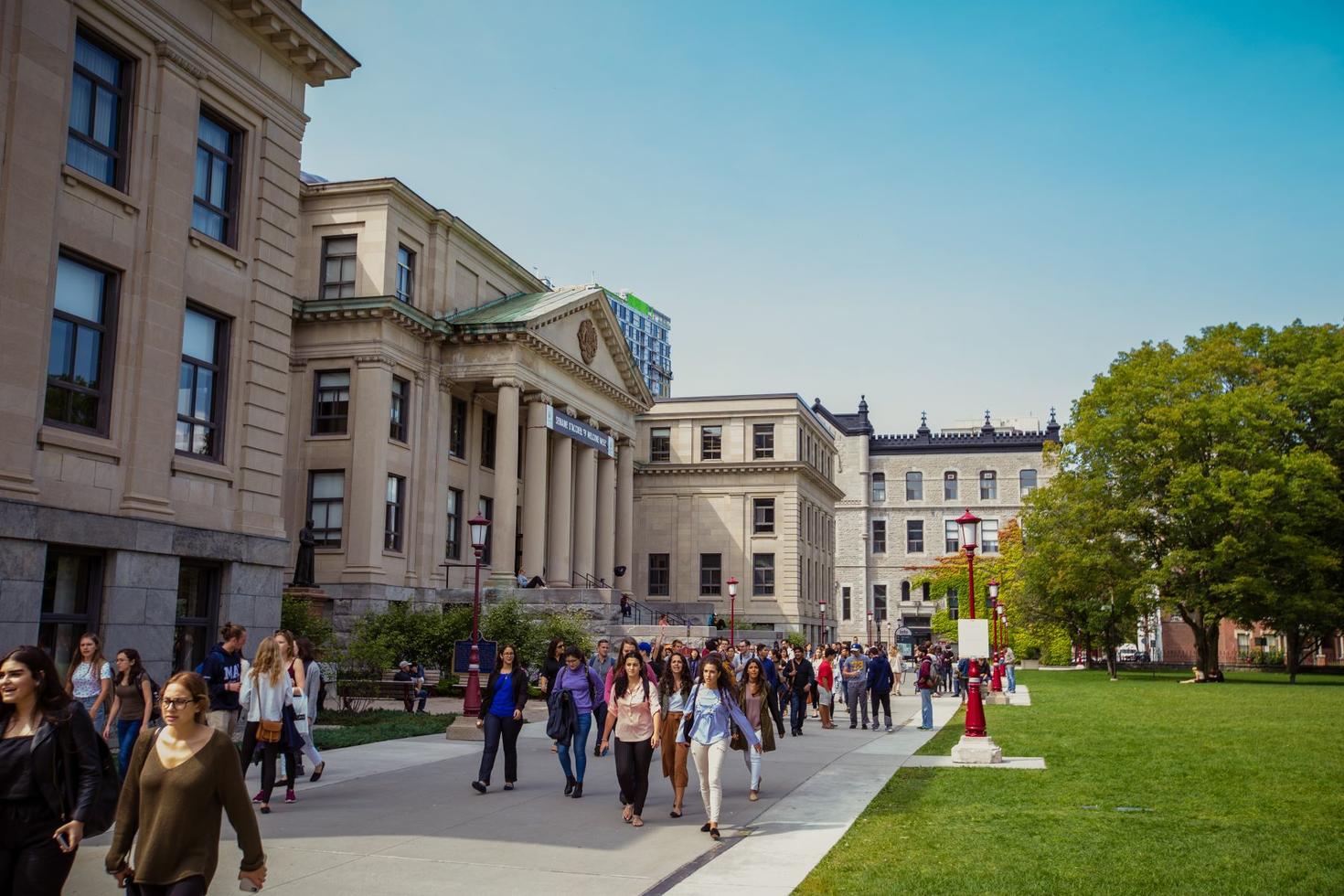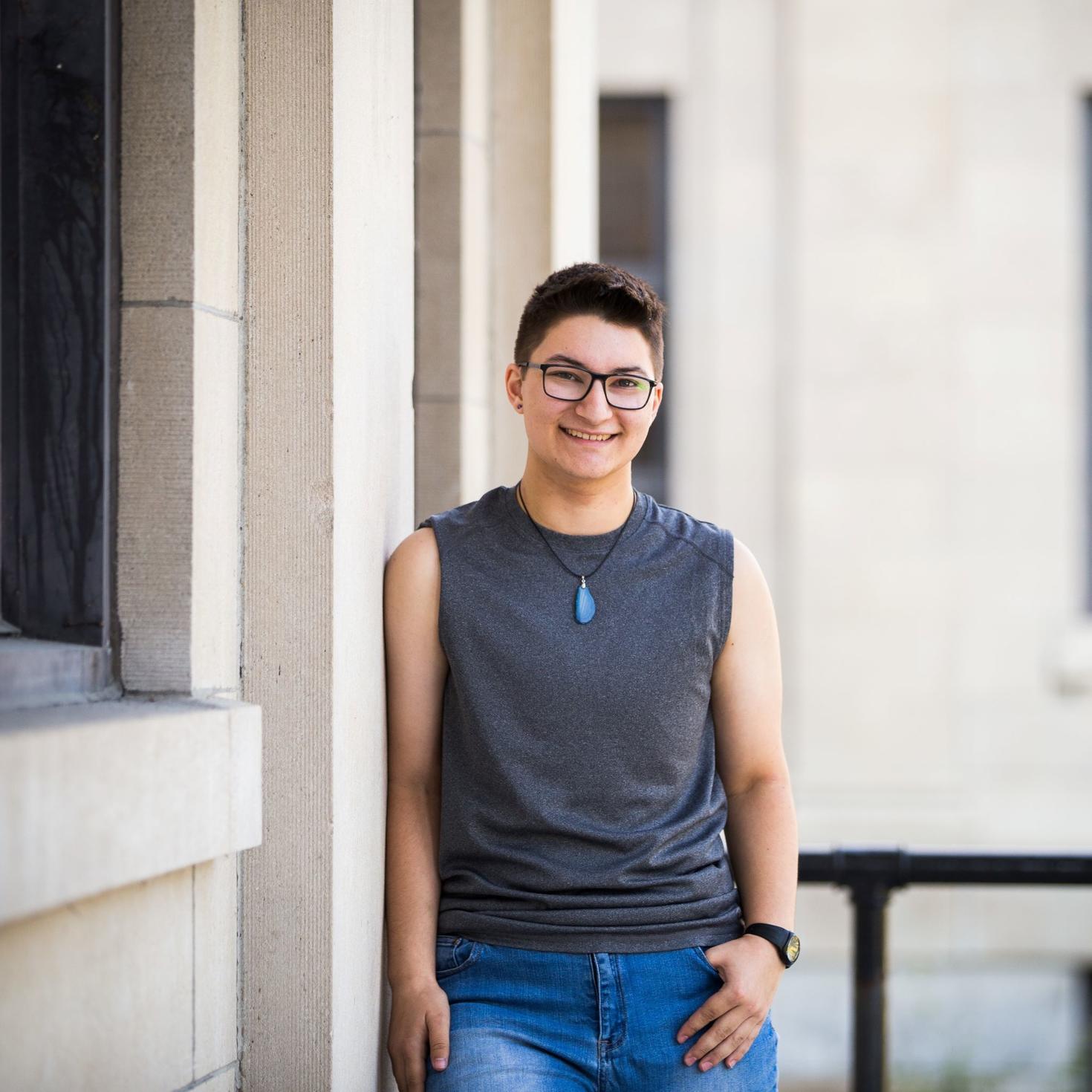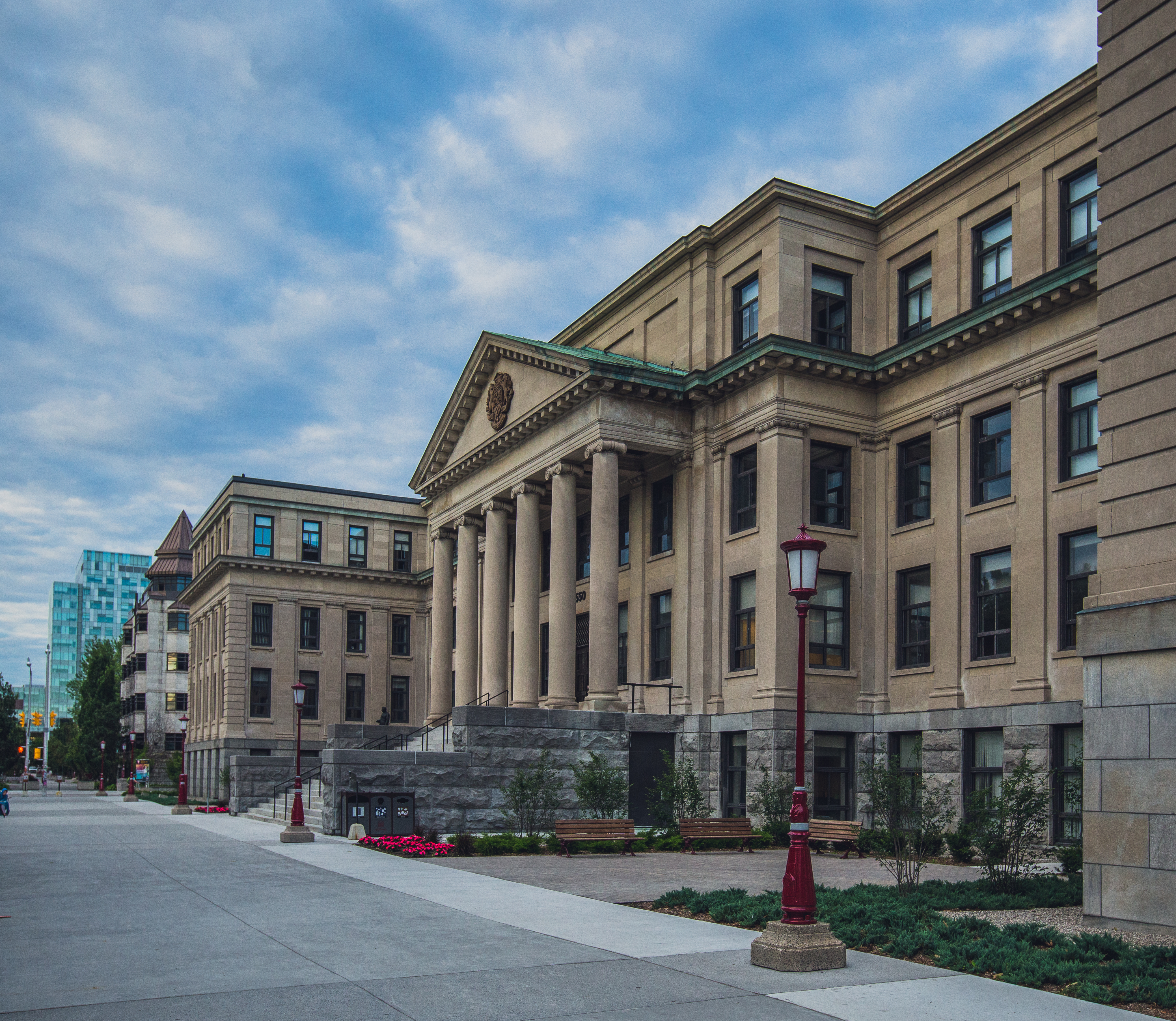
Undergraduate studies
How to apply


College and University


Other pathway
Connect with us
Brochures for future students
Learn more

Why choose uOttawa
Discover all the good reasons to study at uOttawa

Guidance counsellors' zone
Useful information to help guidance counsellors to fully inform students who are interested in joining us at uOttawa.
Contact information
InfoAdmission
Information about the admission process, applications and documentation.
Tabaret Hall
75 Laurier Avenue East, Room 129
Ottawa, ON K1N 6N5
Canada
Secure a spot in our virtual line for all services or send us a request.
For admission to Common Law or Medicine, contact the faculties offering these programs. For graduate studies, contact the academic unit of the faculty offering the program you are applying to.
Liaison Office
General information for future students and guidance counsellors about events and campus tours.
Canadian applicants: [email protected]
International applicants: [email protected]
Tel.: 613-562-5800 ext. 1000
Toll free: 1-877-868-8292
Stay connected
Continue to learn more about uOttawa by joining our mailing list and connect with other future students online.
Helpful links
International student recruitment team
The uOttawa international market development team works with world-renowned student recruitment partners in multiple locations around the globe, to guide students from their application through their transition to Canada, Ottawa and the University of Ottawa.



